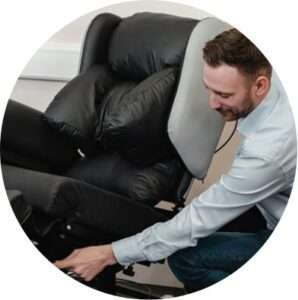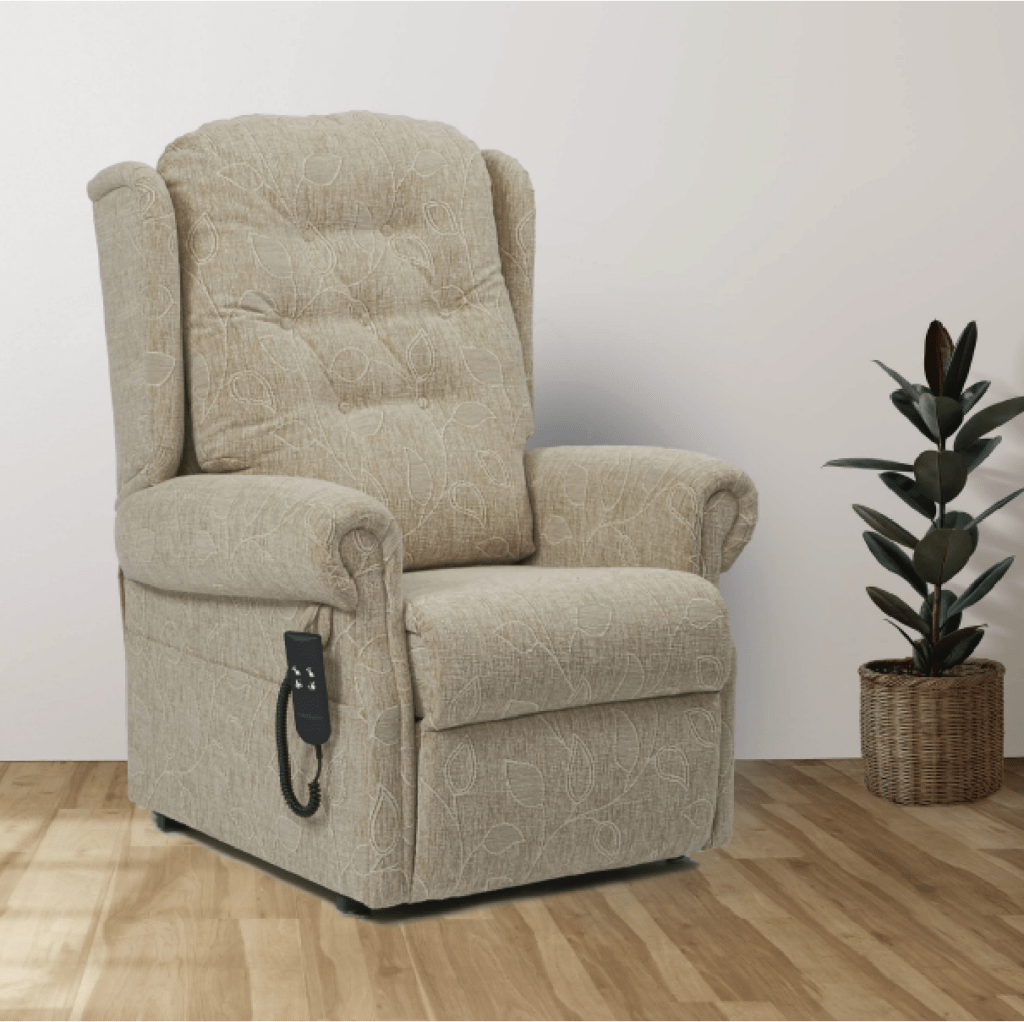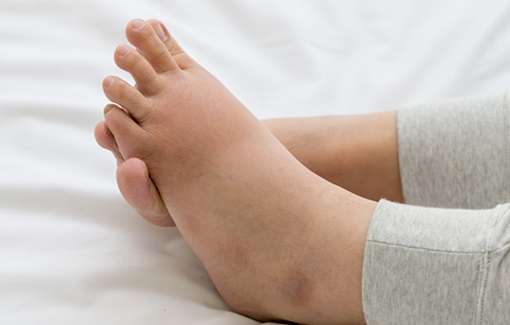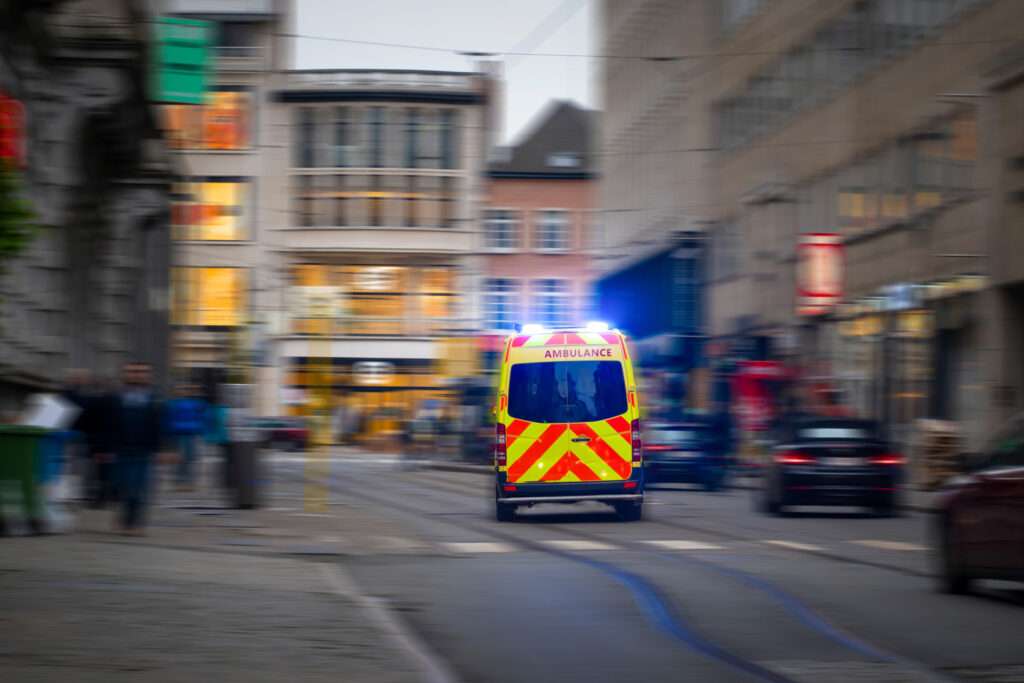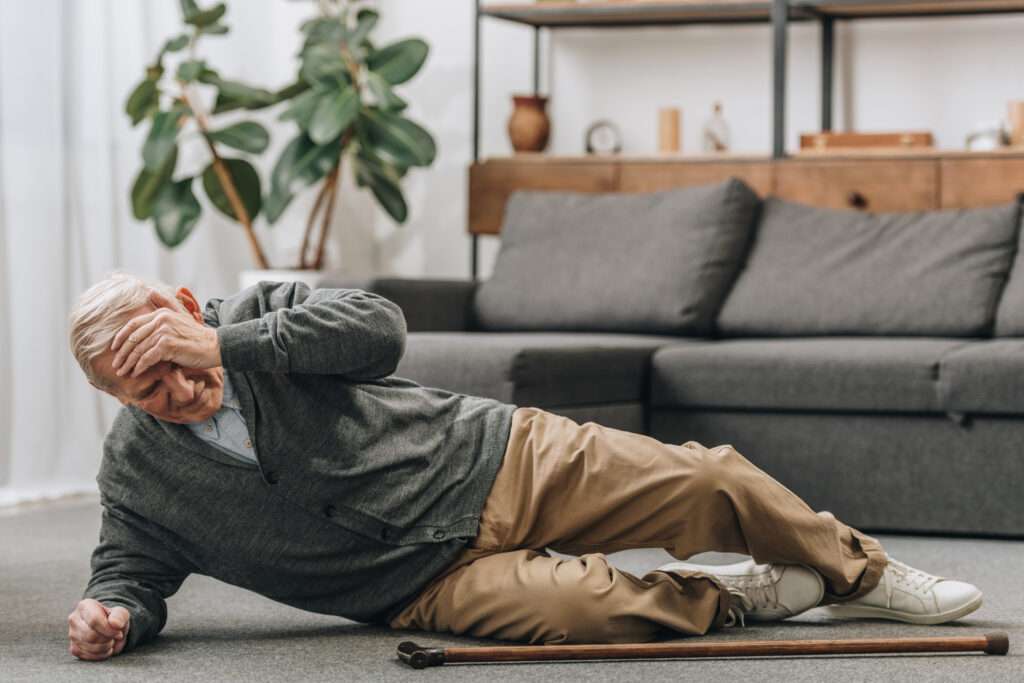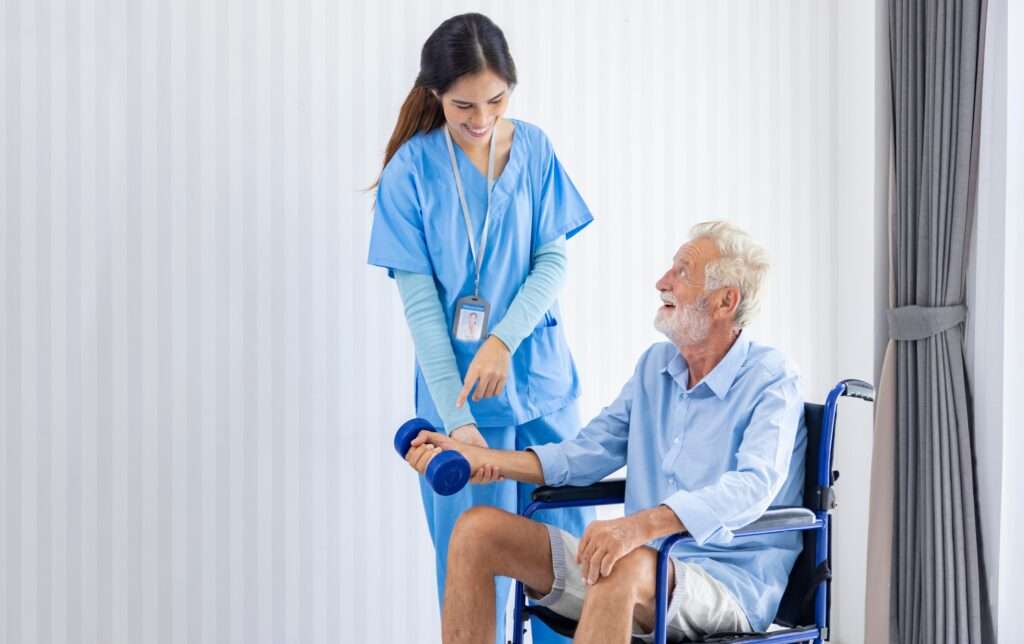When looking at buying specialist seating for a specific hospital ward or Trust-wide, there are several routes available to NHS procurement teams. With the ever-growing demand for more advanced clinical equipment and patient-centred seating, this is an important area for procurement teams to familiarise themselves with, as they work in partnership with clinicians to deliver the best value for the patient.
Whether you work in NHS Procurement or are involved as a clinician in patient care, such as a Ward Manager, OT or Physio, these are the different routes to procuring specialist seating.
Jump straight to…
Procurement Routes for Specialist Seating
NHS Supply Chain
The NHS Supply Chain (NHS SSC) is the central purchasing department of the NHS, consolidating procurement activities for a wide range of consumables, medical equipment and other healthcare products. As the central database for suppliers to a particular NHS organisation or Trust, it is used by central procurement for standard products and services. It doesn’t provide as much flexibility for specialist seating, but is useful for standardised seating like bedside or waiting room chairs.
Benefits of Supply Chain:
- Centralised ordering and invoicing
- Nationally negotiating prices and bulk ordering help achieve economies of scale
- Standardised products across Trusts
- Integrated with Trust inventory and procurement systems
NHS Supply Chain logo
Framework Agreements
Commonly known as SBS Frameworks as they are run by Shared Business Services, these allow departments across the NHS to procure pre-approved products from a list of vetted suppliers.
An example of an SBS Framework is BS10015, covering Acute and Community Health and Social Care Equipment, which specialist seating comes under.
NHS Shared Business Services logo
There are two main routes to purchasing chairs under this framework; mini-competition and direct award.
Mini-competition
Mini-competition is a tender process involving multiple suppliers, where the bid is awarded to the supplier that demonstrates the best value, through this 3-step process.
- Capability Assessment – each supplier has to pass a capability test to demonstrate they have the resources required to meet the clinical, functional and delivery timescales of the tender.
- Tender Invitation – formal tender documentation is sent to each supplier outlining the requirements of the contract, and the criteria that they will be evaluated on.
- Supplier SLA Signed – all suppliers must complete and return tender documentation with the signed service level agreement.
The contract is then awarded to the most competent supplier. This process is ideal for new service areas where there is no previous procurement history, complex clinical needs, or when value-for-money is the main priority.
Direct Award
A contract can be awarded directly to a single supplier when the need is clear or continuity of provision is required, bypassing the need for a formal tender process.
- Internal Supplier Comparison – internal supplier comparison is used to select the most appropriate supplier for the product/service
- Capability Assessment – supplier has to pass the capability test to confirm the products/services can be delivered to the required specification
- SLA Signed – supplier signs the service level agreement to formally confirm the purchase
Direct awards are ideal for repeat orders, emergency purchases, or when clinical needs dictate a specific product being used.
Benefits of Framework Agreements:
- Frameworks can be tailored to each specific procurement area – for example BS10015 covers health and social care equipment, including seating.
- They are compliant with public contracts regulations
- Suppliers are pre-screened for all aspects of quality, price, etc
- They streamline the procurement process, making it quicker for procurement teams without having to ‘start from scratch’ each time an alternative product is required.
- They allow for either direct award or mini-competition
Purchase Order
One-off orders can be placed under SBS frameworks by using an official NHS purchase order that references the framework number (e.g. BS10015). This removes the need for a full tender process when there is only one supplier for a predefined product/service.
This direct-award approach is suitable when the product and supplier are known and previously used, already qualify within the framework terms, and there is no need for a mini-competition due to a single source of supply.

Long-Term Agreement via SLA
For longer-term supply needs where a supplier or group of suppliers has been identified as a supply partner to the NHS, a department can enter into a Service Level Agreement under the framework to create a long-term agreement with suppliers.
This can help the NHS secure:
- Agreed pricing and terms
- Delivery guarantees and timescales
- Continuity of care for patients
By signing up to long-term supply agreements, the NHS can ensure continuity of supply and less repeat admin for important partners in their supply chain that deliver an essential product/service.
Other Procurement Routes Outside SBS
Although the NHS Supply Chain is most commonly used by NHS procurement departments, there are other procurement routes outside this that hospitals trusts can use instead:
Integrated Care Boards (ICBs)
Each Trust has an Integrated Care Board that is responsible for planning and funding health services in their local area. ICBs can get involved in procuring specialist seating when it is for community loan stores and is funded by the Local Authority.
Other circumstances that ICBs may buy specialist seating under are if it falls under the Continuing Healthcare budget run by the ICB, or it crosses acute/community care boundaries such as home adaptations for hospital discharges.
ICBs may not buy equipment directly, but commission organisations to provide services and run loan equipment stores on their behalf, e.g. NRS Healthcare, Medequip.

Open Market Tender (OJEU-compliant)
This is rare for individual items like seating, but is used to reach beyond the NHS supplier database to the open market. This may be relevant if large-scale contracts are required, such as during the Covid-19 pandemic.
The process for an open market tender involves a full procurement process, including advertisement, PQQs, ITTs, and award.
Finance Options
The use of finance is an attractive option for procurement teams as it spreads the cost of new assets, and can be allocated to revenue budgets rather than capital depending on the choice of finance.
There are a couple of main finance options available to procurement teams to spread the cost of purchase, which are hire purchase and purchase lease agreements.

Hire Purchase
Commonly known as HP, this is a type of lease that spreads the cost of an asset over a longer period, usually between 1 and 5 years, useful for assets over £1000. They typically have a larger upfront deposit, with the balance paid in instalments over an agreed period, with the ownership of the asset transferring to the NHS on the final payment.
Finance Lease
The main difference with lease agreements is the ownership doesn’t fall to the buyer on completion of the lease; the payments are spread over the agreed term to reflect the depreciating cost of the asset, with a balloon payment at the end of the lease.
Summary
SBS frameworks are used for buying specialised products such as seating for acute or community NHS settings. Procurement departments work in tandem with clinical teams (e.g. OTs, Ward Managers) to ensure a range of factors are met, such as compliance, clinical suitability, and value for money.
Direct awards are generally used for urgent or patient-specific needs, when a unique product has been identified, whereas mini-competitions are used to compare and benchmark suppliers of similar goods and services.
Route | Method | When to Use | Key Requirements |
NHS Supply Chain | National supply | Standard equipment | NHSSC catalogue and PO |
SBS mini-competition | BS10015 framework | Complex/variable needs | Capability assessment, tender docs, signed SLA |
SBS direct award | BS10015 framework | Simple/repeat needs | Internal comparison, capability check, signed SLA |
SBS purchase order | One-off purchase under BS10015 | Known supplier/product | Reference BS10015 in PO |
SLA (Long-Term Agreement) | BS10015 framework | Ongoing provision | Signed SLA referencing framework |
Open Tender | Outside framework | High-value/multi-site | Full OJEU procurement process |
Local Authority/ICB | Community services | Community settings | Via commissioned provider contracts |
Frequently Asked Questions (FAQs)
Q: What is the best route for buying a specialist seating product that has already been trialled and approved by clinicians?
A: A direct award under the SBS BS10015 framework is the most suitable route, especially if the product and supplier are already known and meet the clinical and functional requirements. This allows procurement to move forward quickly without a competitive tender.
Q: Who needs to be involved in the procurement of specialist seating for the NHS?
A: Typically, a procurement officer works closely with clinical stakeholders such as Occupational Therapists (OTs), Physiotherapists, Ward Managers, and sometimes the Trust’s manual handling or equipment leads to ensure that clinical needs are met and procurement regulations are followed.
Q: How long does a mini-competition under the SBS framework take?
A: Timelines vary, but from issuing the tender to award, the process can take 4–8 weeks, depending on the complexity of requirements, number of suppliers involved, and internal approval processes.
Q: When would an Integrated Care Board (ICB) be involved in seating procurement?
A: ICBs are involved in seating procurement when it relates to community services, such as loan stores, hospital discharges, or Continuing Healthcare packages that span acute and community care.



